Lavagem Industrial / Artigos
TQM: mistakes make the world go round
TQM or Total Quality Management is the methodology in which mistakes are both enemy and ally. Find out what it means and how it can help fend off uncertainty.

 7 minutos de leitura
7 minutos de leitura
2022-11-24 17:53:07
TQM or Total Quality Management is the methodology in which mistakes are both enemy and ally. Find out what it means and how it can help fend off uncertainty.
To err is human. Only those who dare to fail can achieve greatness. Without errors, there is no evolution. There are several rationalizations to help explain problems and look at the bright side when they happen. However, consequences do exist. Industrial companies lose around 8% of their annual revenue because of unscheduled stops along the production chain, the sum of unrealized sales, fines, downtime and setup times. The food sector is particularly affected – on average, each stoppage hour costs $23,000. No wonder that for most CEOs, quality and sustainability are at the top of priorities’ list for years to come.
TQM or Total Quality Management, is a concept that dates back to the 60’s and has since helped companies in various areas and geographies assert themselves as market leaders, even in social and political contexts of great uncertainty. But after all, what exactly does it mean and how can it be implemented in a practical way?
What is TQM?
TQM or Total Quality Management is a methodology that aims to ensure the quality of products and services throughout the value chain. Until a final product is effectively delivered to the customer, there are many processing points on a route that can be long and complex – ordering, storing raw materials, producing, inspecting or delivering are some of the most common steps. Any failure during this cycle compromises the quality of the product and the customer experience. This means that all departments influence the final product, not just production or operations.
This is the essence of TQM: prioritizing quality throughout the entire end-to-end process. It goes beyond the production floor and covers a broader management of people and organizations, steering everyone who works with the company, including suppliers, towards excellence.
Coca-Cola is a fan, having implemented a sweeping TQM program. They test water, gas and even sugar to ensure that productivity (as well as safety) standards are met. The bottling process features automatic sterilization of bottles at high temperatures aided by specially design cleaning agents.
How to implement TQM?
There is no magic formula for implementing TQM. Each approach and system will be unique, but there are some general principles that should guide implementation.
1. Redefine the concept of quality
The concept of quality, as understood by TQM, is no longer limited to the quality of raw materials and finished goods. A quality product satisfies customers and exceeds their expectations. It solves a problem, is easy to use and provides such a remarkable experience that compels customers to repeat and recommend it. Also, TQM requires companies to quantify quality, meaning the overall customer experience.
2. Ask customers for feedback
The only way a company can know if it is satisfying customers or not is… asking. Create structured processes to ask your customers for feedback, so you can identify what is most important to them and use that information as a benchmark in your strategy. Don’t assume, ask – and do it periodically. What is important to customers today will be very different in a few years.
3. Develop an improvement plan
Based on feedback received from customers, develop an improvement plan. This plan should be realistic, with specific goals, dates, and responsibilities. Once improvements are implemented, give customers some time to see the changes in effect.
4. Ask customers for feedback (again)
Make new feedback requests to customers to verify that the improvement plan is working. Their needs and expectations change over time, so it is important to be in permanent harmony with the customer’s preferences.
5. Manage flows, not departments
Production, maintenance, inspection, logistics. Traditional functions in any company that usually work in isolated silos. TQM provides a different approach, organized by processes rather than departments. Say an organization produces multiple product families. Under TQM, each family would be an autonomous management unit, with all the different functions necessary to deliver these products with quality. It is a matter of accountability: when the final quality has a single owner, with autonomy to change the process from start to finish, there is greater pressure to ensure the end result.
6. Stop to solve problems
You have probably heard this one before. A problem occurs causing the production line to stop. The pressure to resume operations makes solving the underlying root-cause secondary. As a result, the root cause of problems is never properly identified and addressed–causing the problem to reappear. One of the founding principles of TQM is that operators can stop the line to identify the reason for the failure and resolve the problem – or ask for help. Yes, the cost is high at the moment, but in the long run, such actions minimize the number of interruptions.
7. Value mistakes
According to TQM, each mistake hides opportunities for improvement. Therefore, errors should be carefully analyzed and studied – and the people who make or detect them called in to take part in the solution, rather than reprimanded. Apply this motto: “blame the process, not the person”, scrutinize the points of the process more error-prone and promote a culture in which it is okay to share problems.
Somengil and the commitment to TQM
Investing in a TQM system can be challenging, but in the medium and long term, it puts companies at a higher competitive level. Doing so requires the right equipment, inspired by the same quality standards. For industrial washing, you can count on MultiWasher, the most technologically advanced cleaning solution of any type of utensils, used by quality pioneers worldwide. In this equipment, they find the high performance they need to elevate the quality of industrial washing. This is especially important for businesses where washing success is a critical success factor, such as food or healthcare. Schedule a webinar to see the impact and difference of this machine.
Também pode gostar
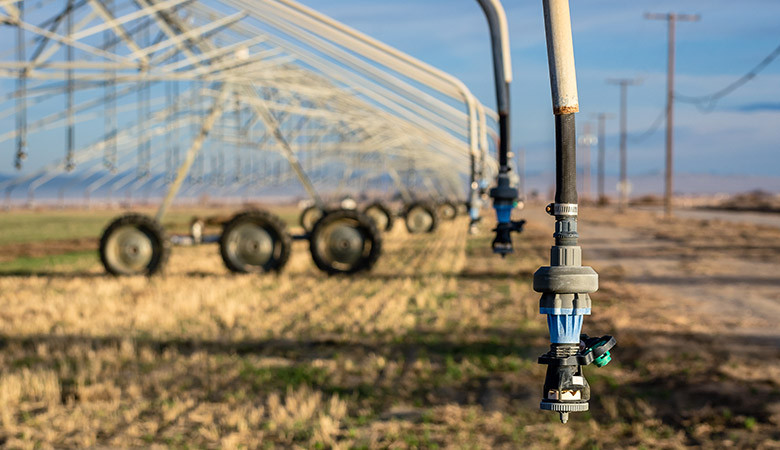
Lavagem Industrial / ArtigosArtigos
Saving water: 5 tips to apply in your operations
Despite repeated warnings, water consumption continues to grow at an unstoppable rate. Even on the face of increasing prices, tariffs and taxes,...
Postado em 2021-06-30
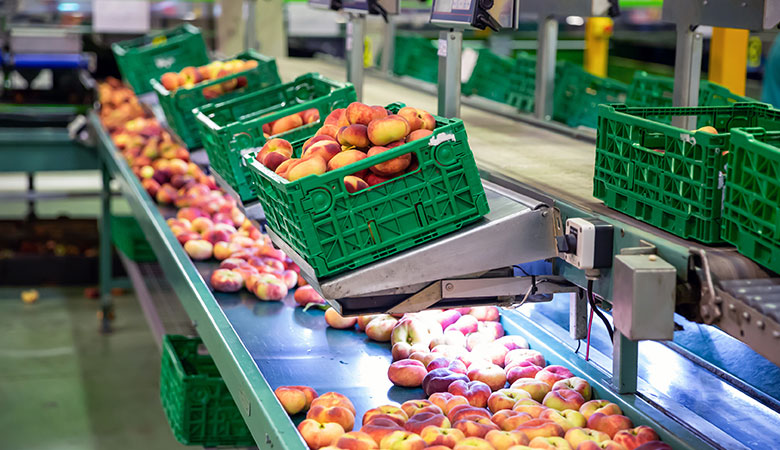
Lavagem Industrial / ArtigosArtigos
Box washer: 8 tips for choosing
It is essential for food safety, quality and efficiency. Learn how to choose a box washer.
Postado em 2023-07-20

Lavagem Industrial / ArtigosArtigos
Food sustainability: what it is and why it matters
More than a buzzword, food sustainability is a global emergency. This is what it means, why it is important and how companies can take action
Postado em 2022-04-28
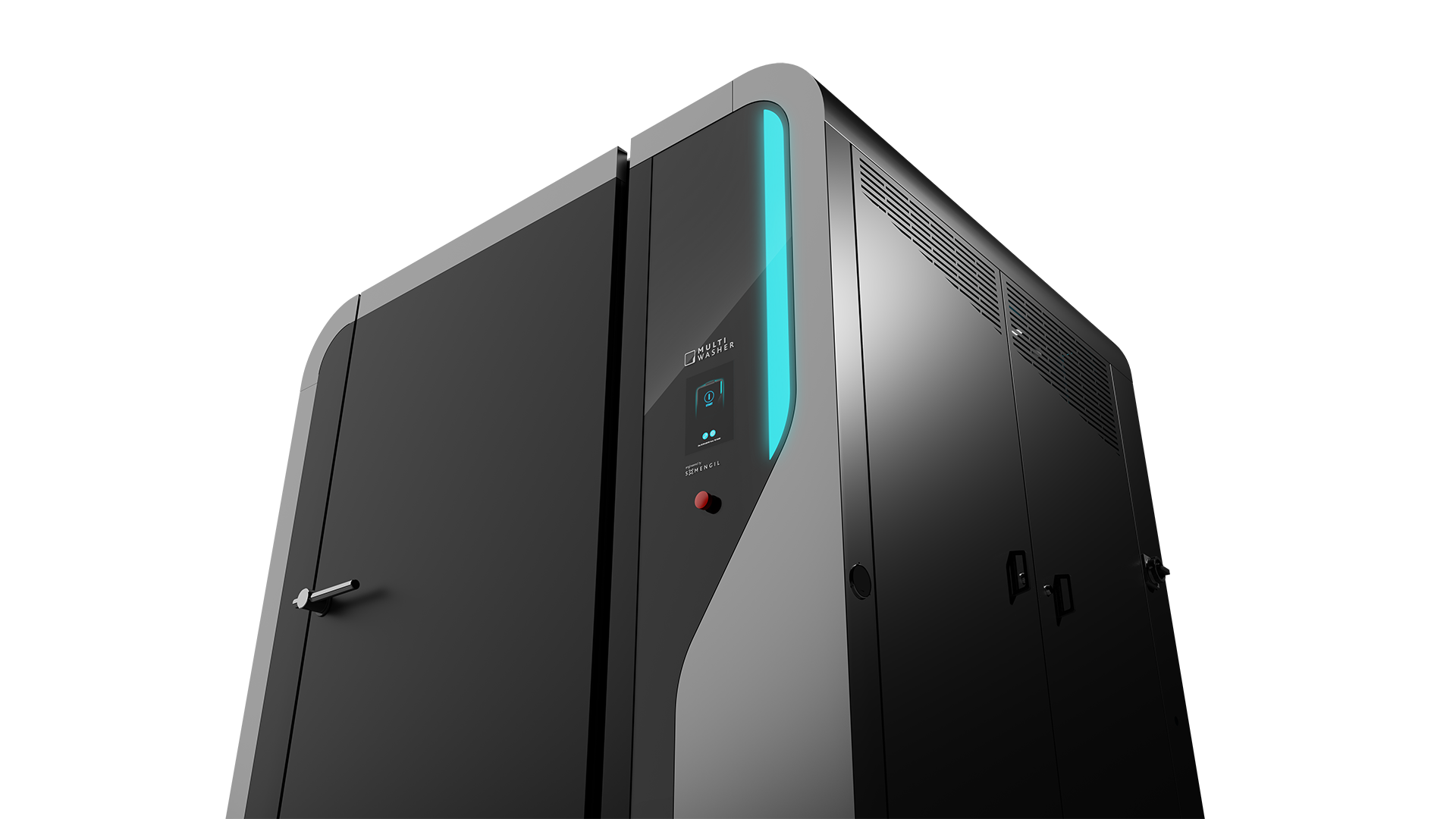
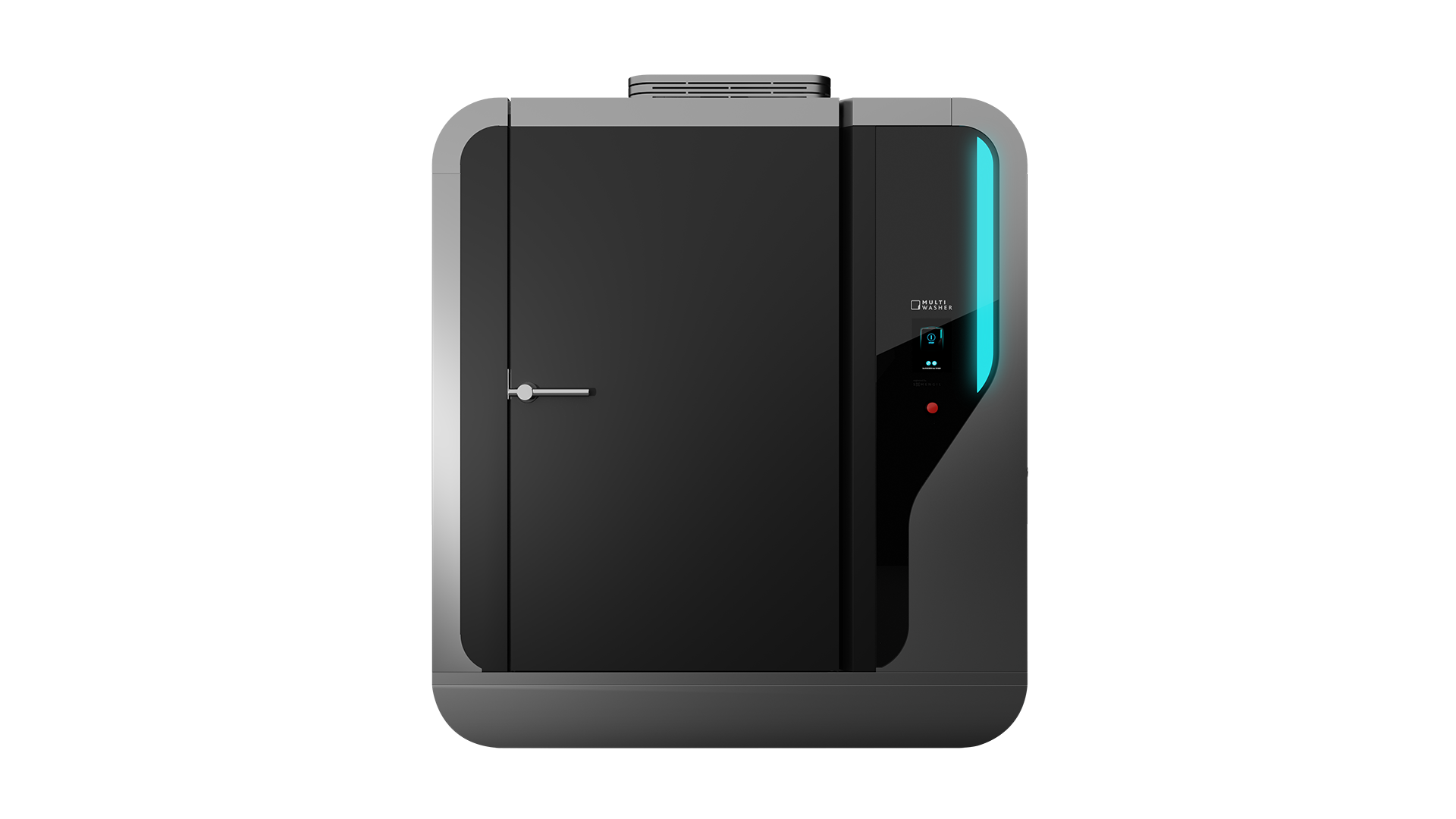
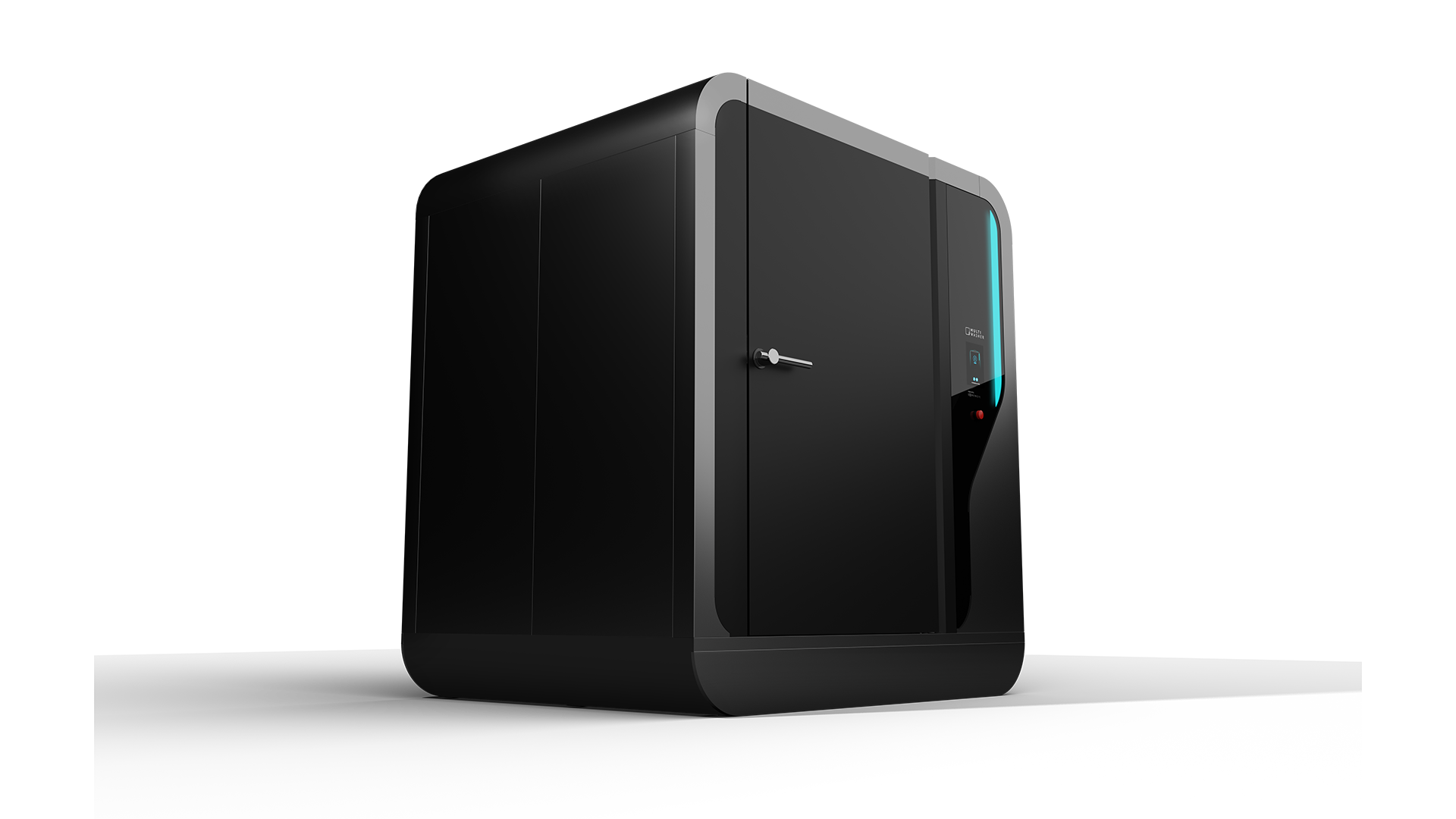
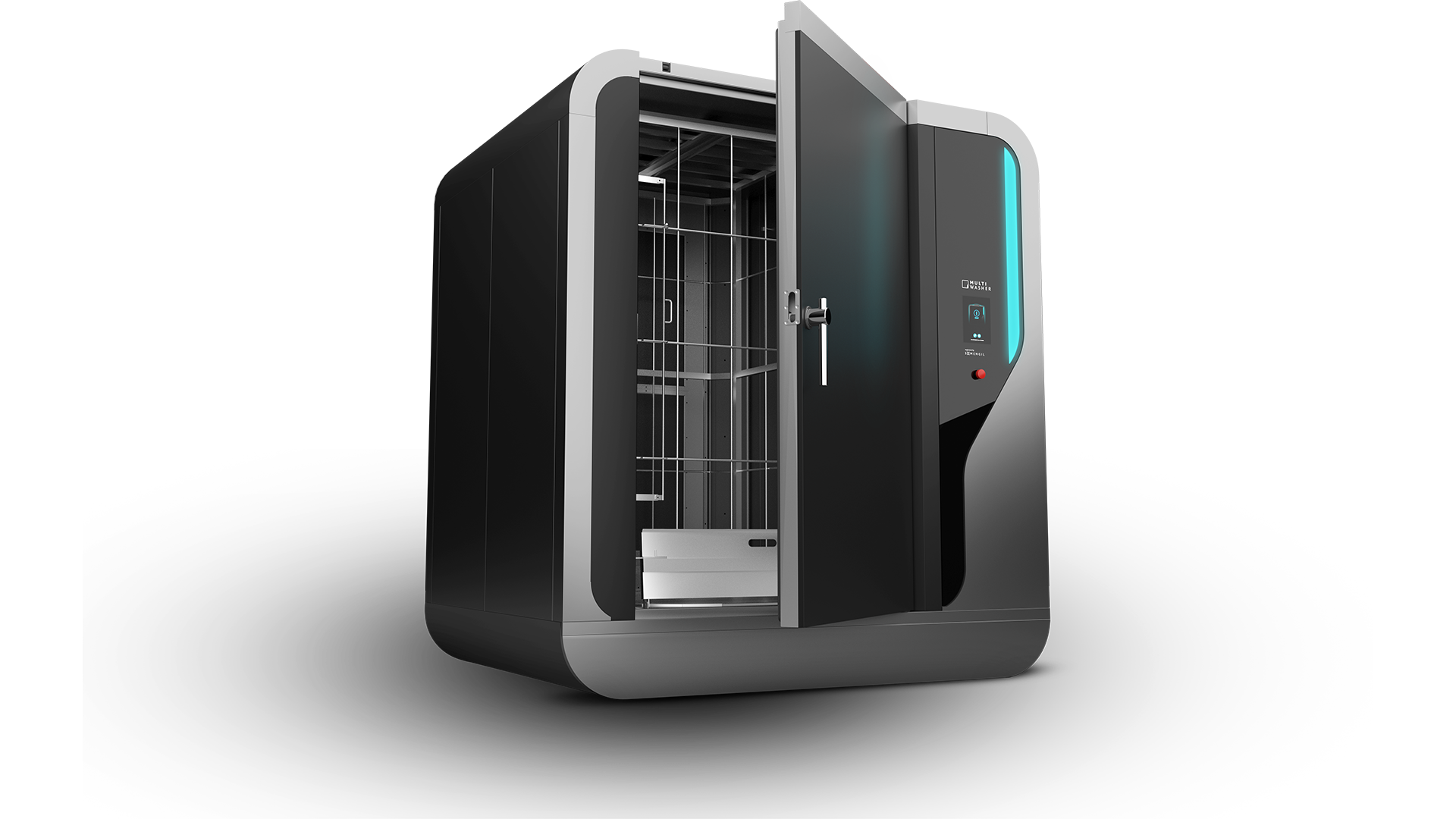
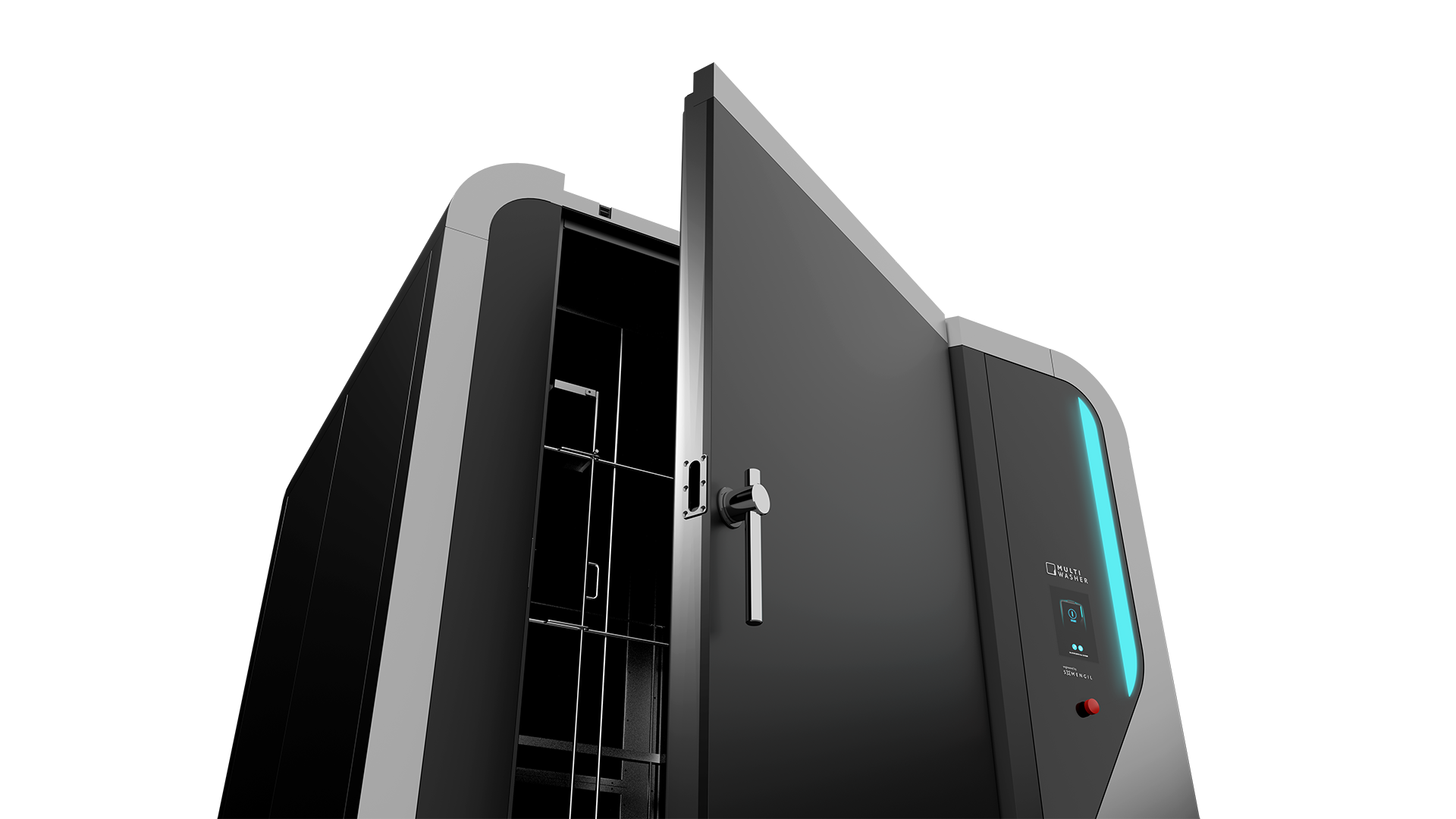
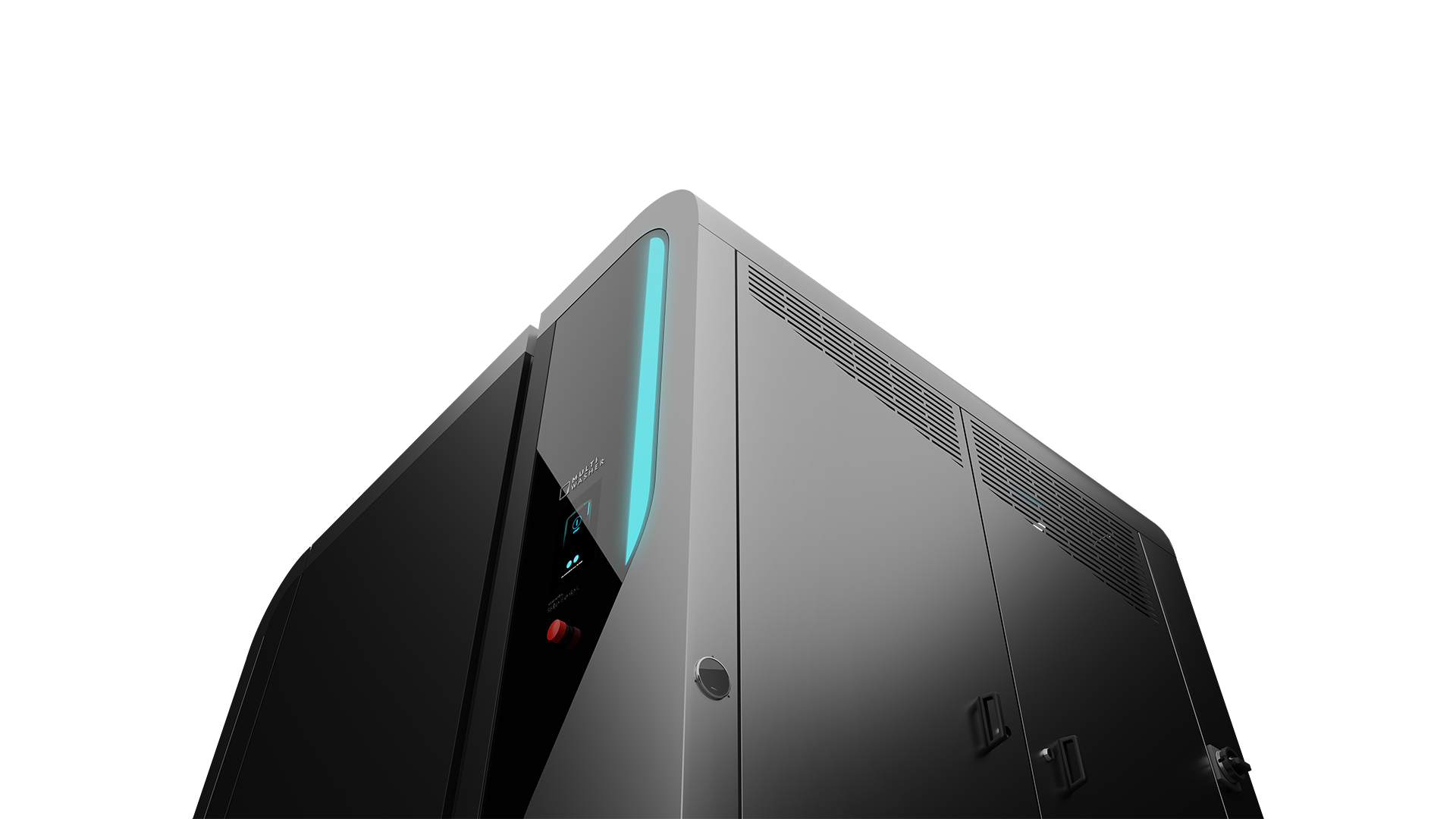
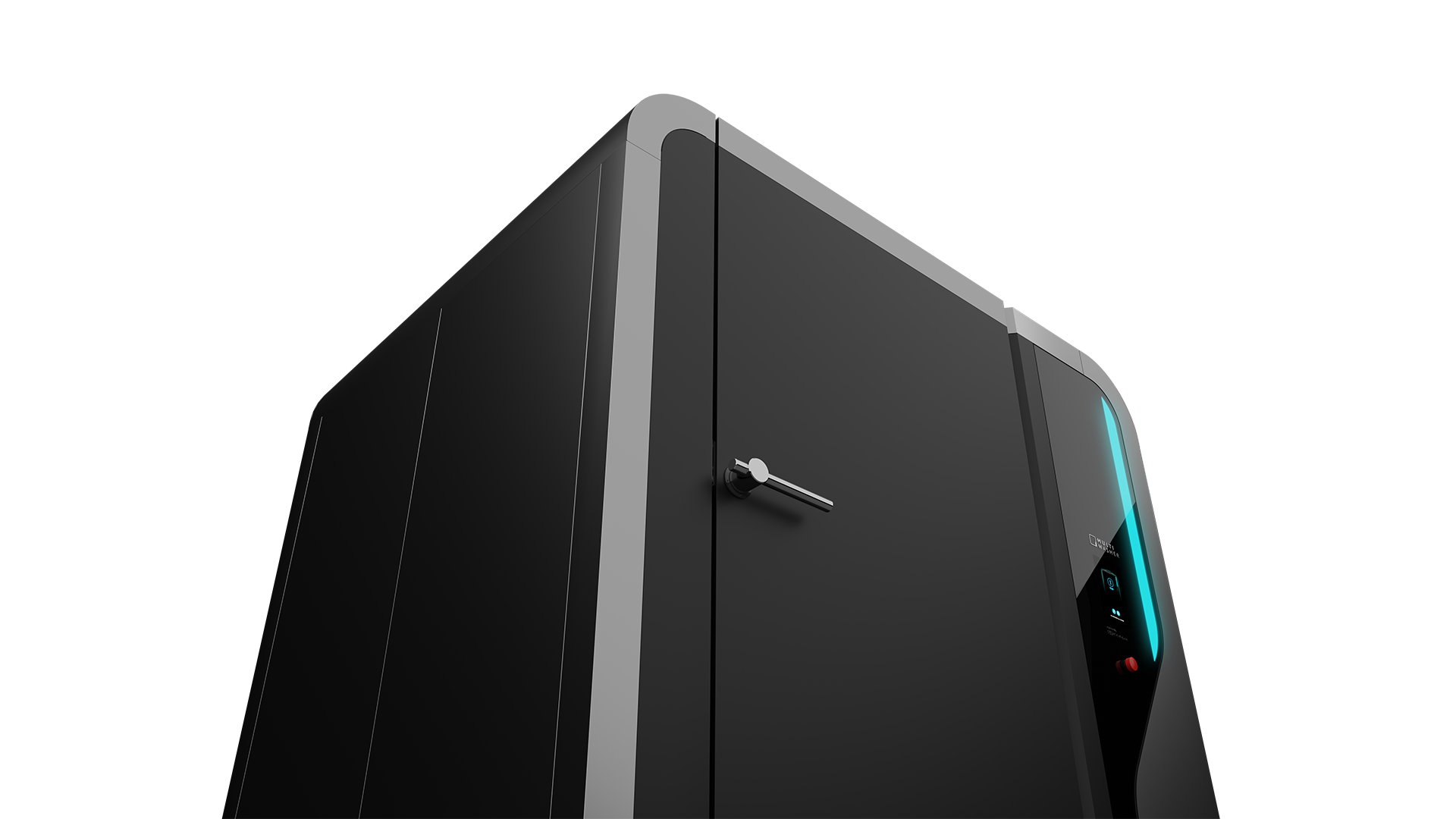
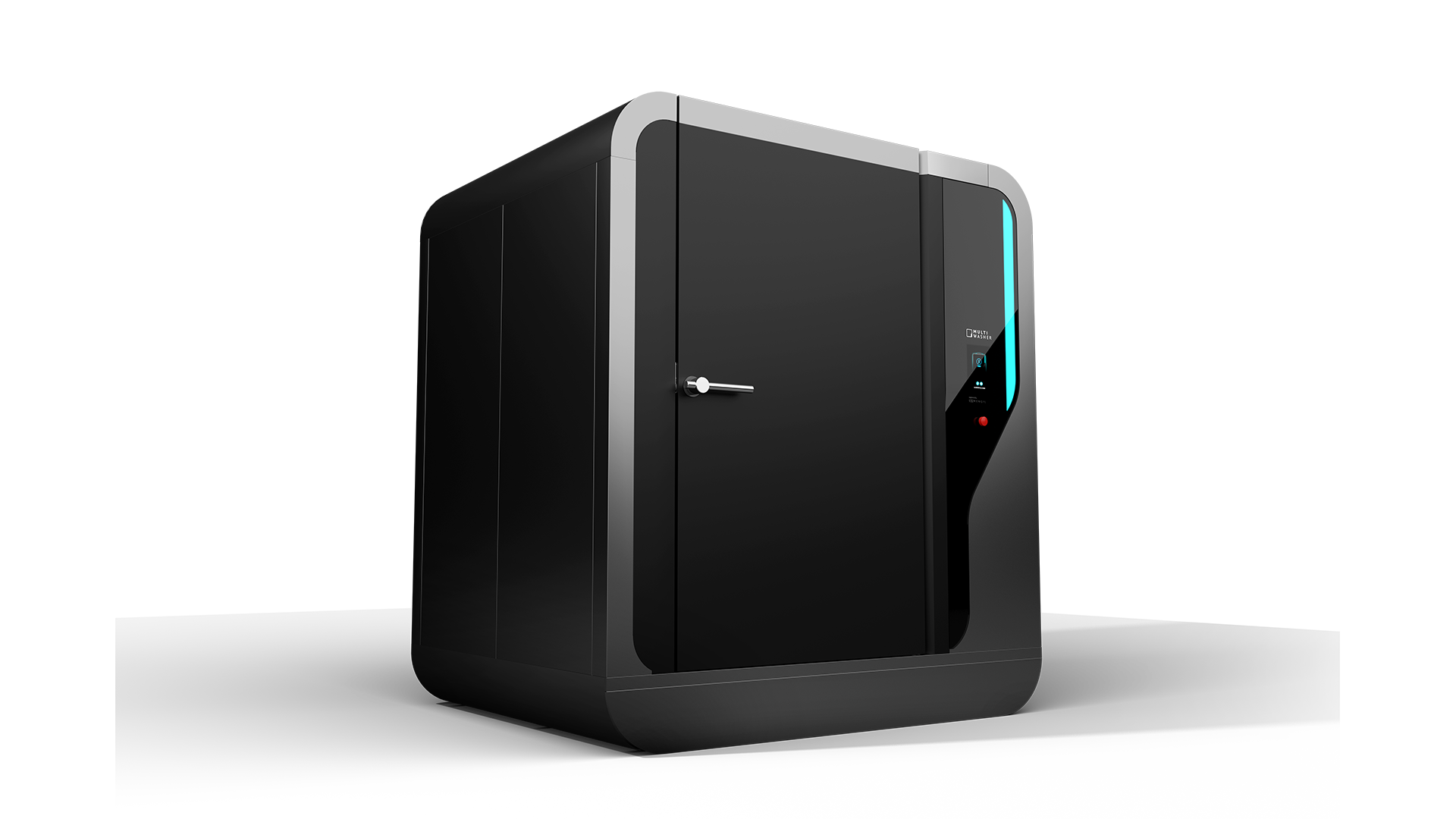
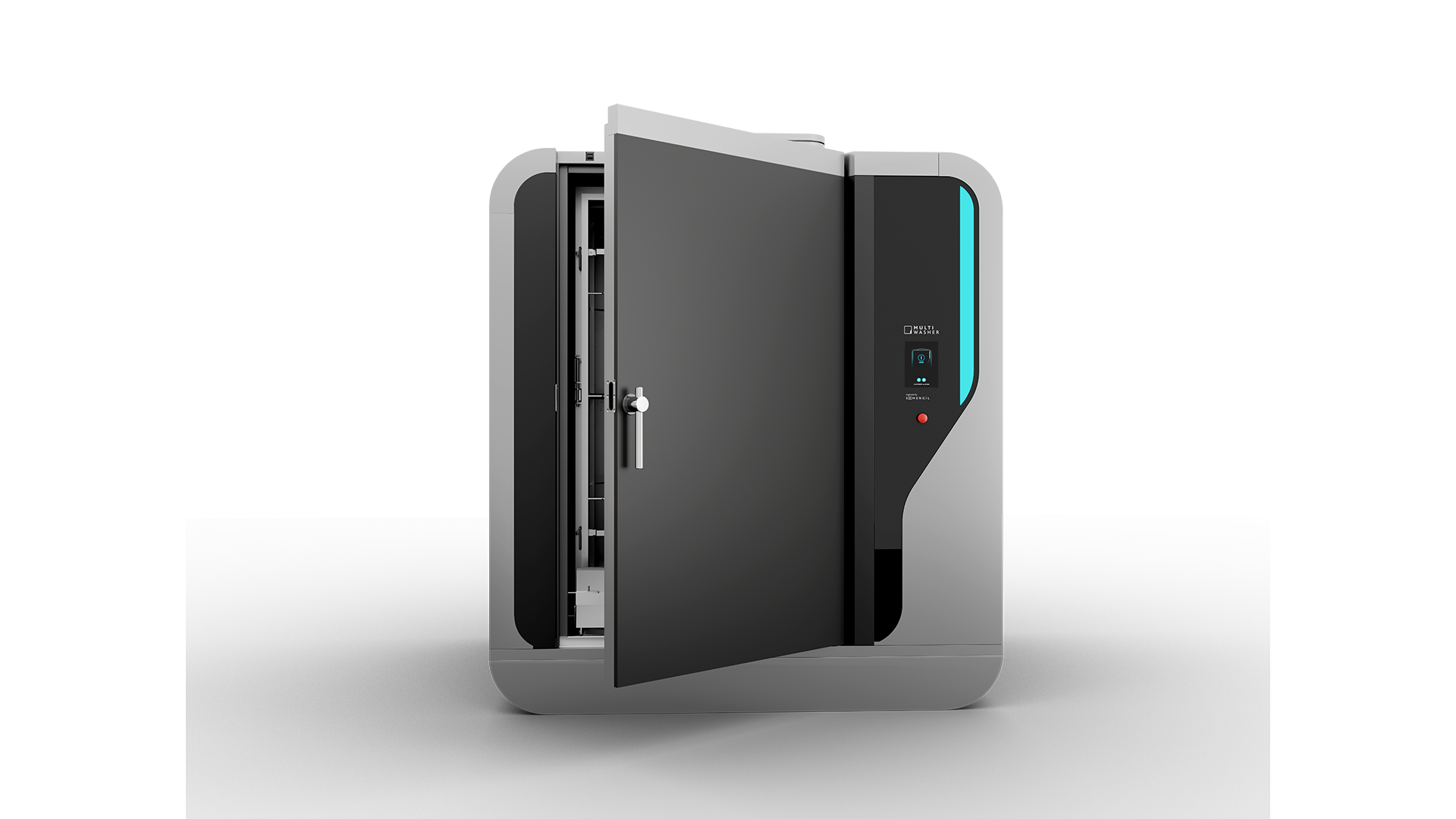
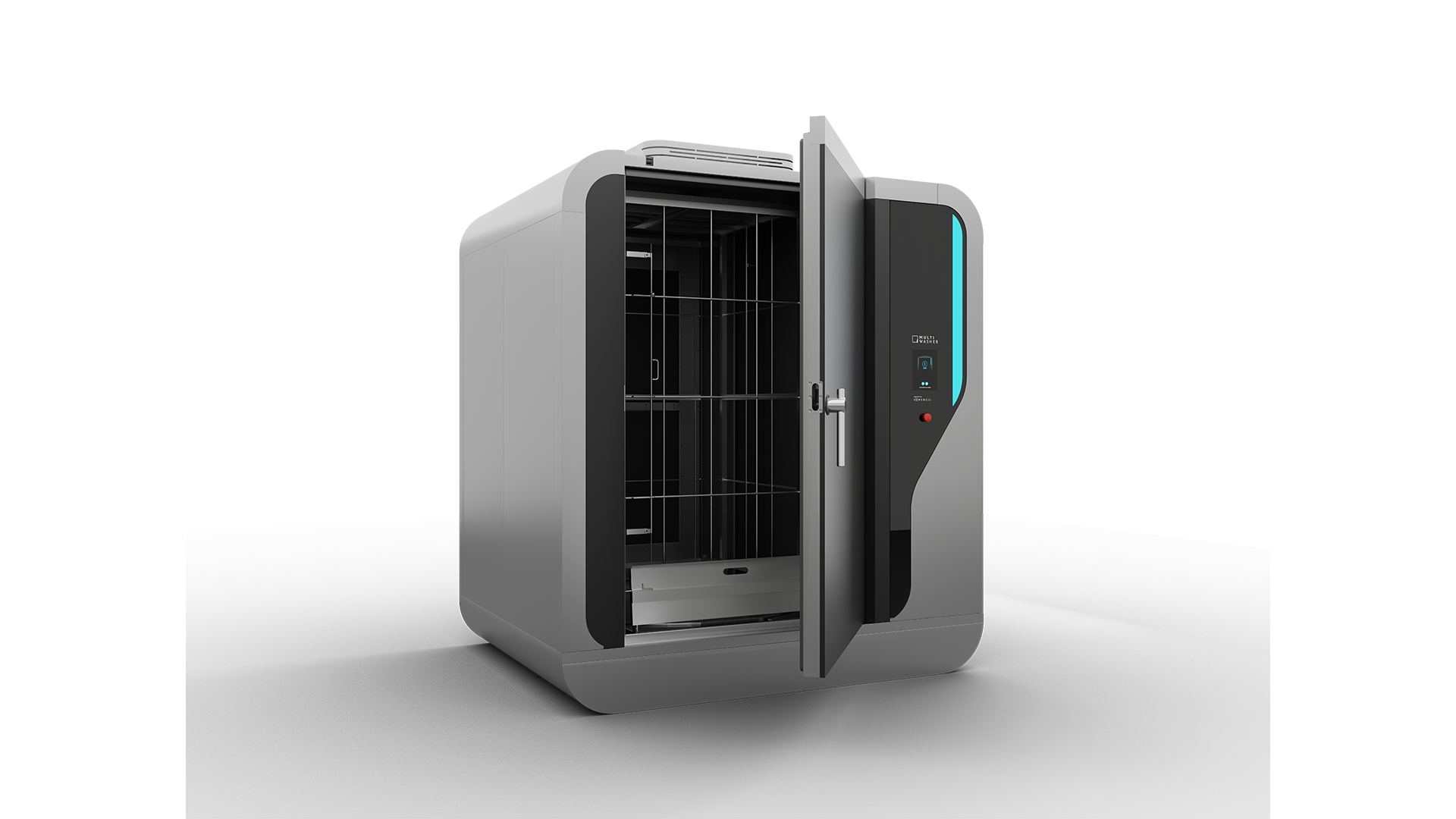
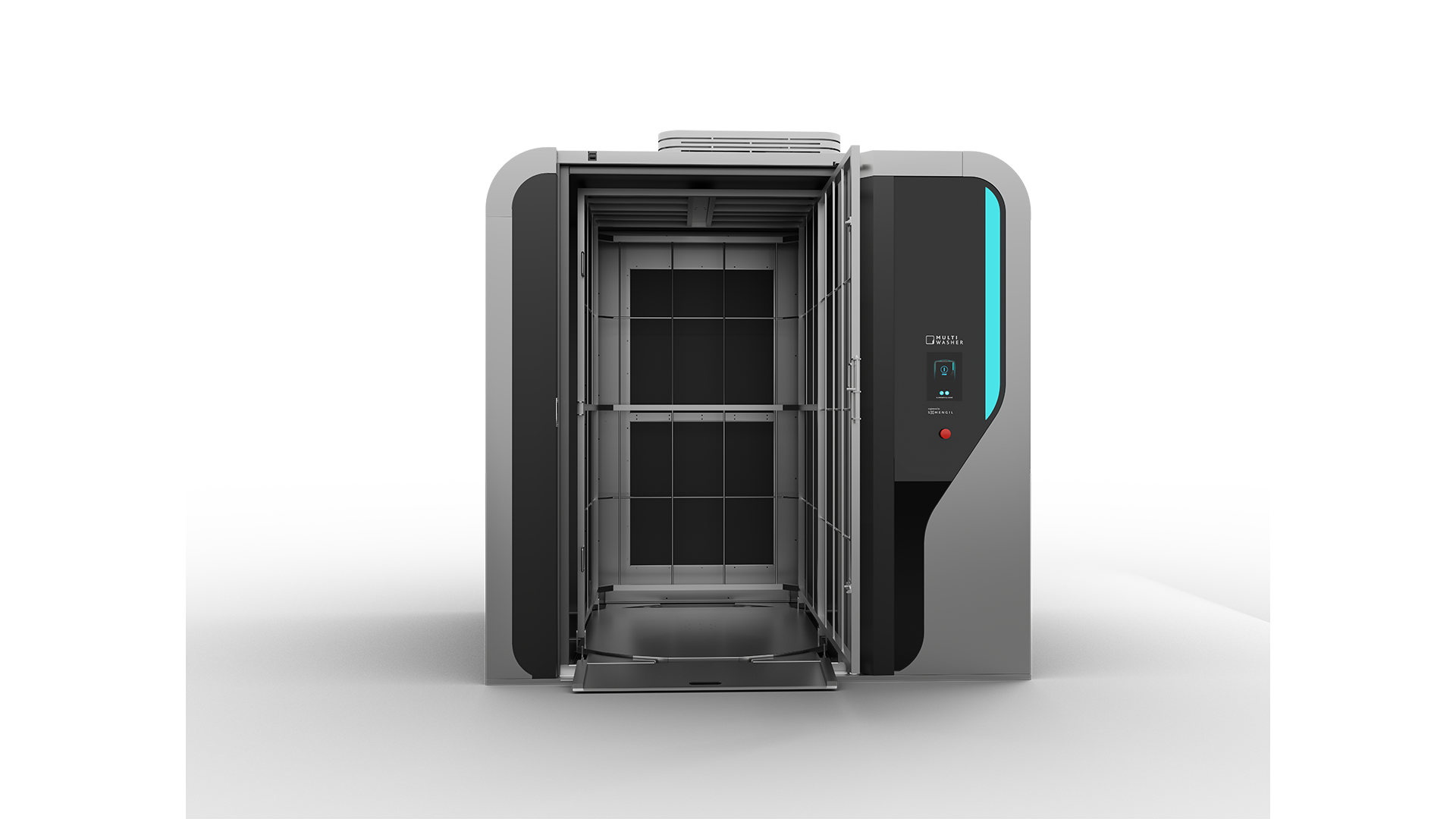
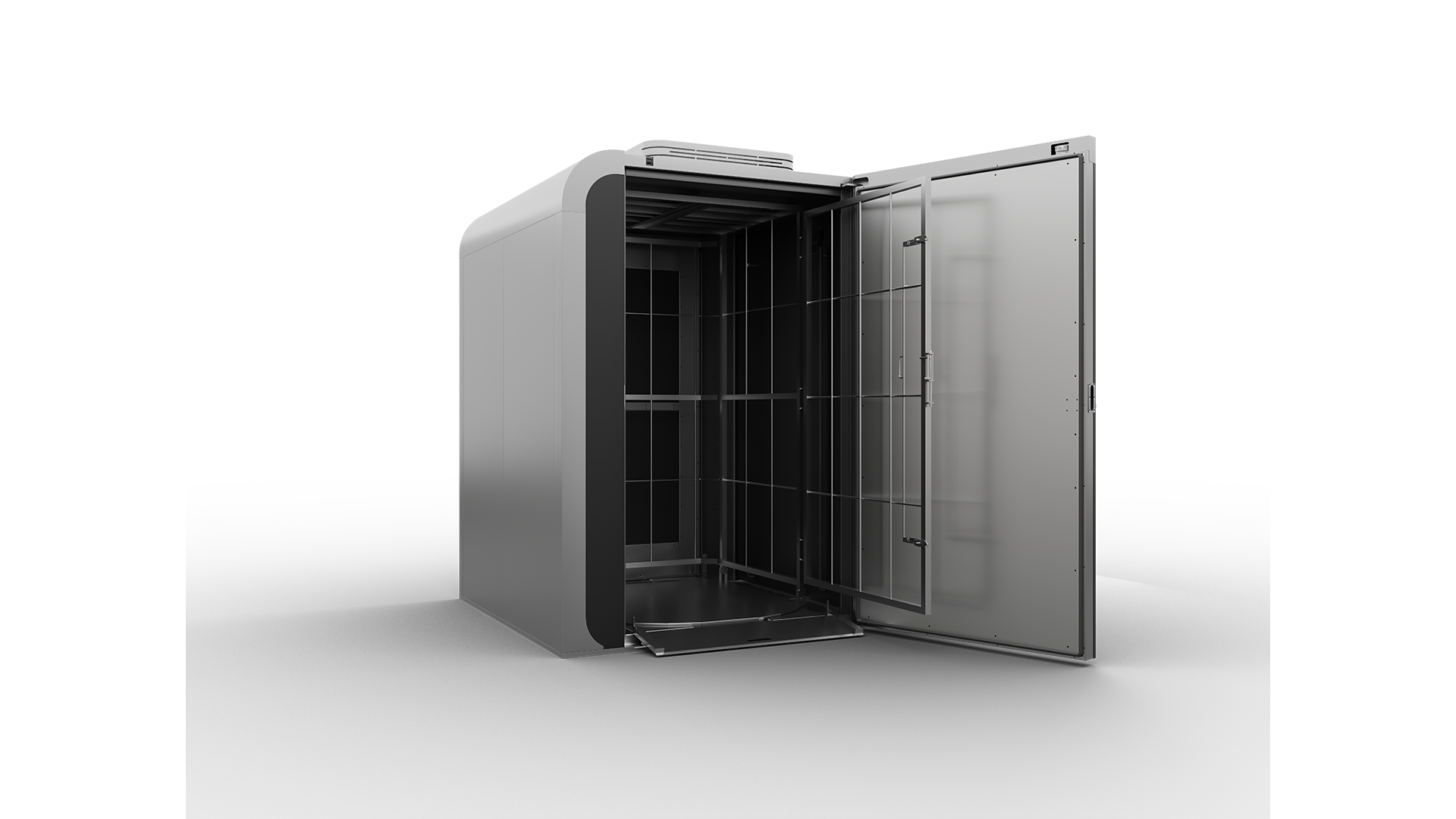
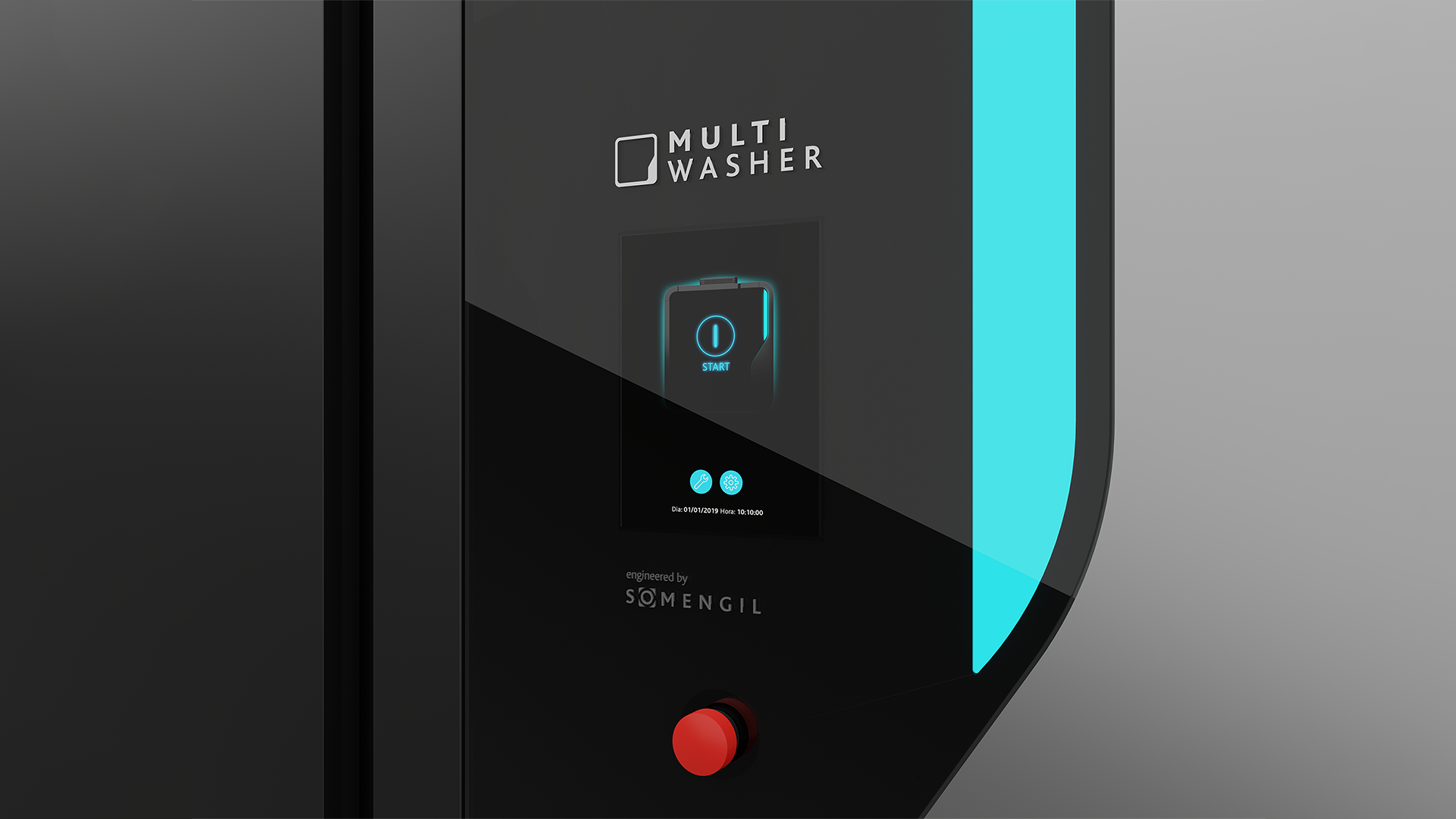
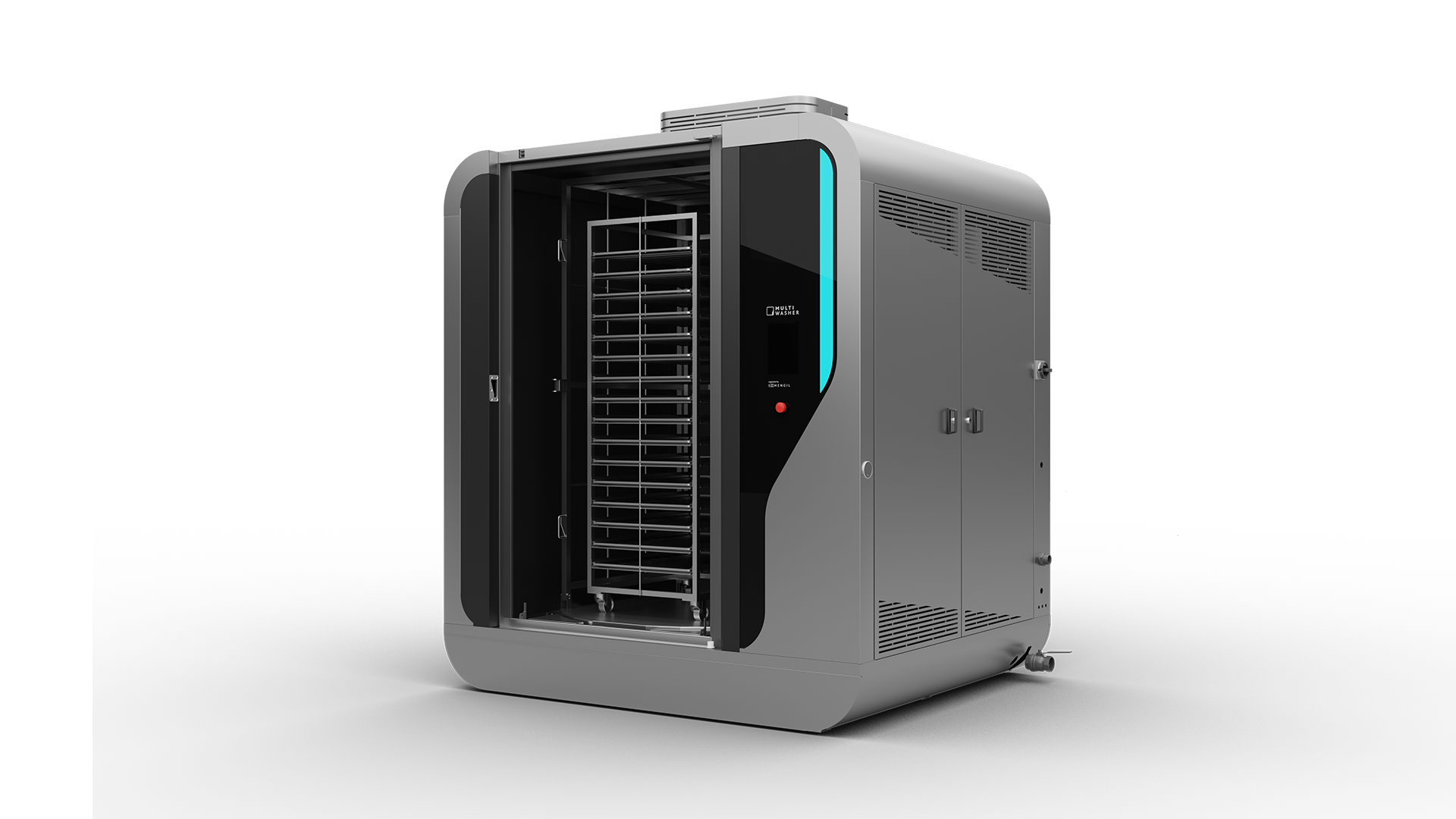
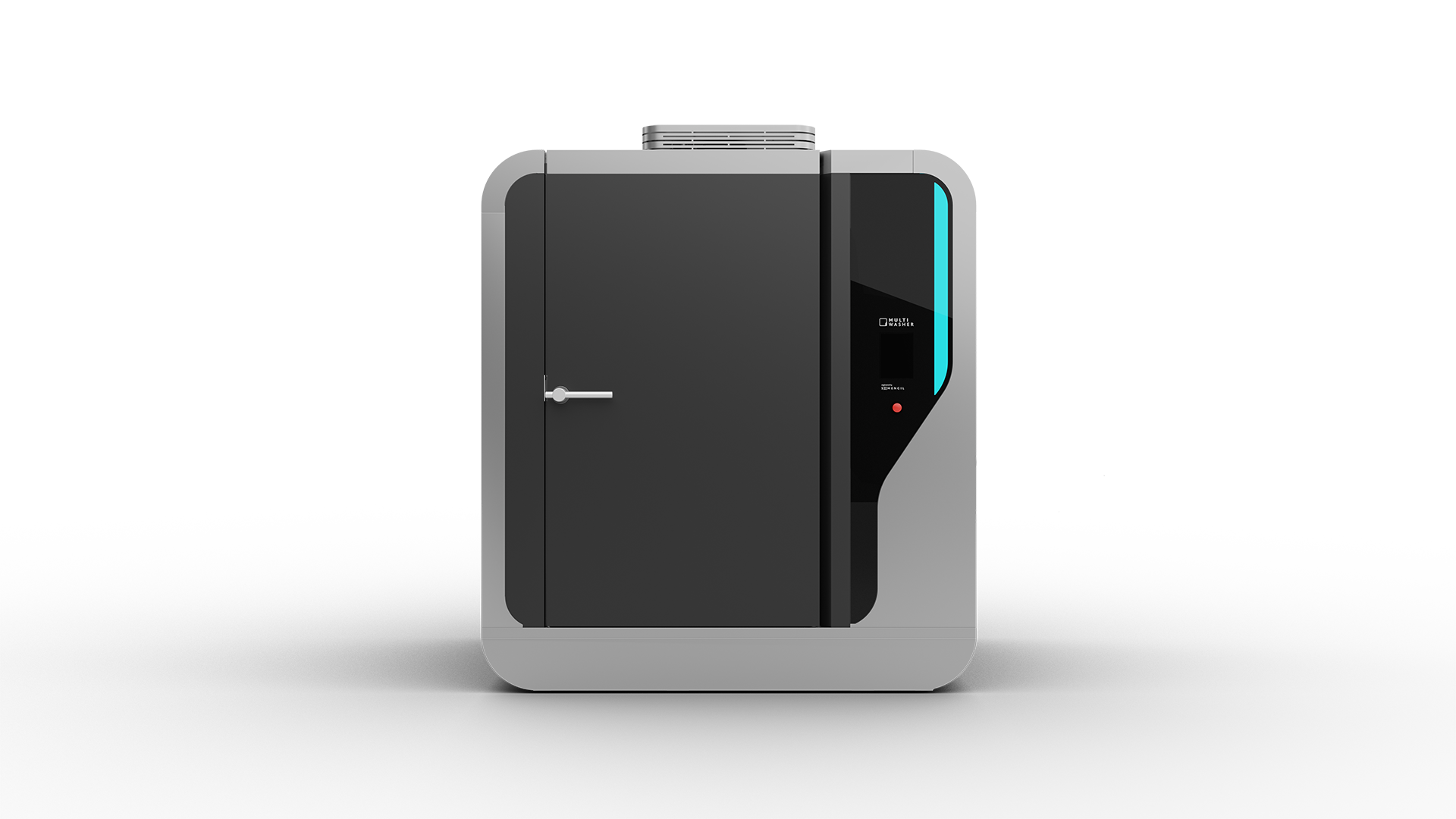
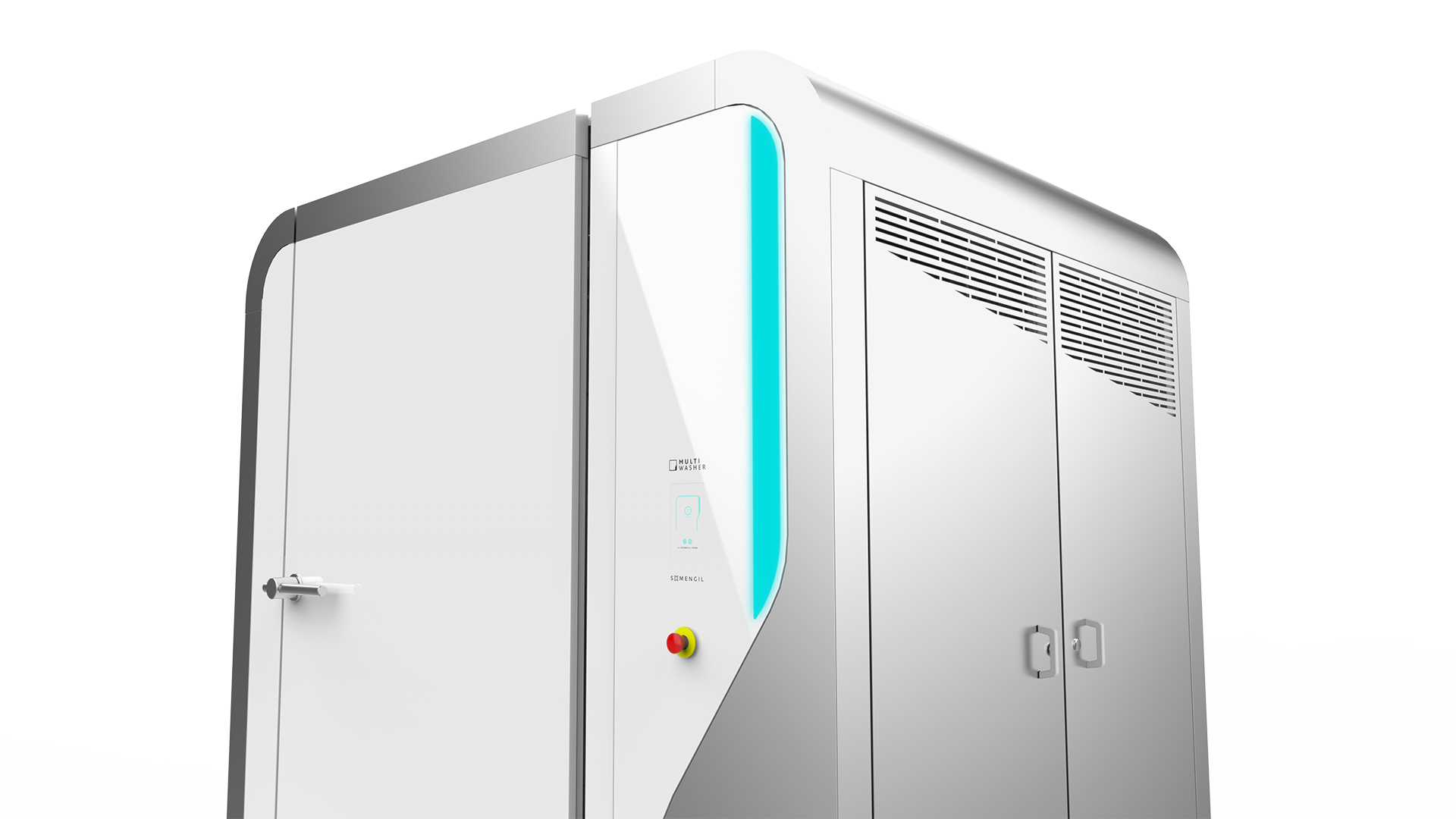

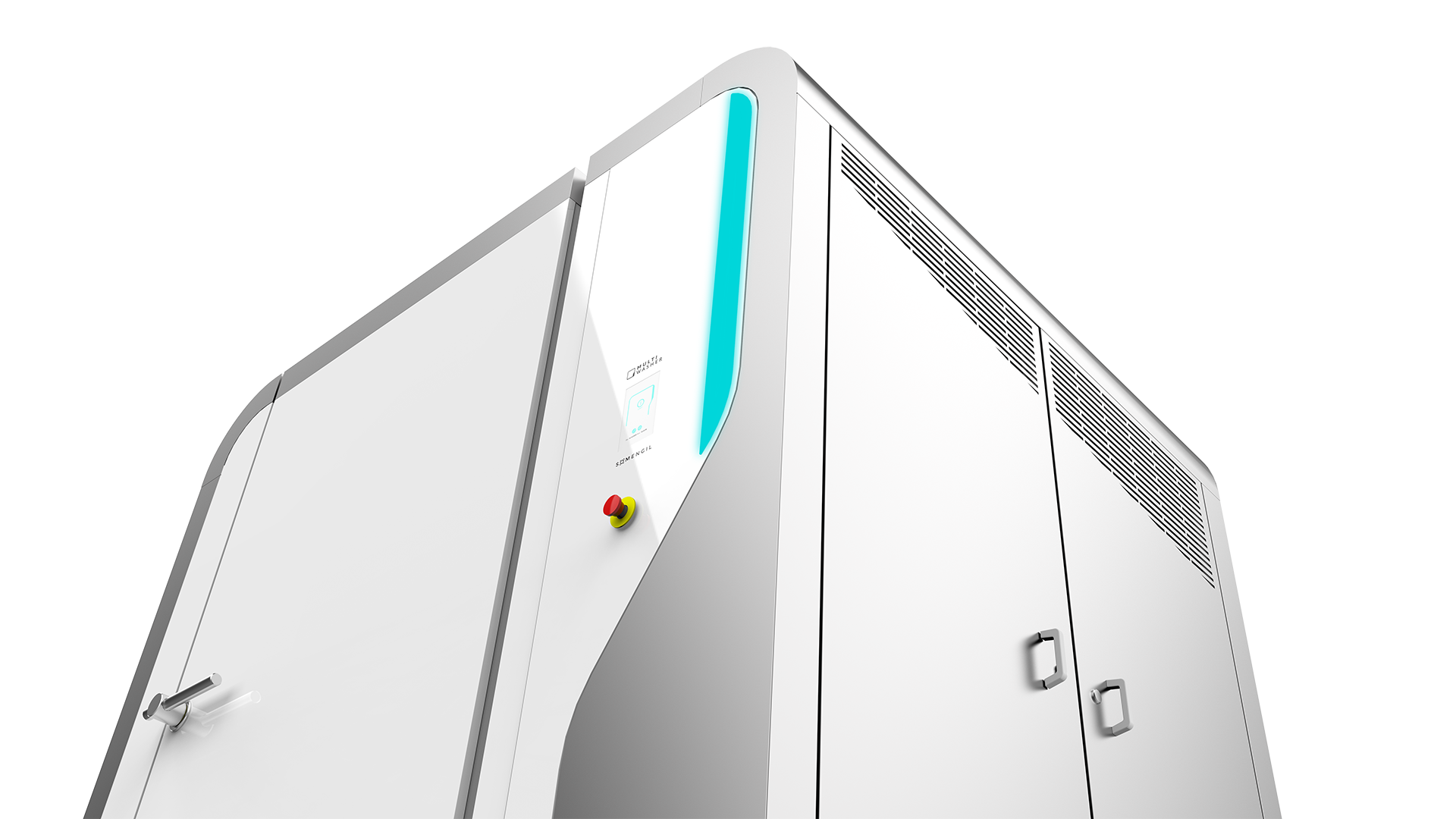
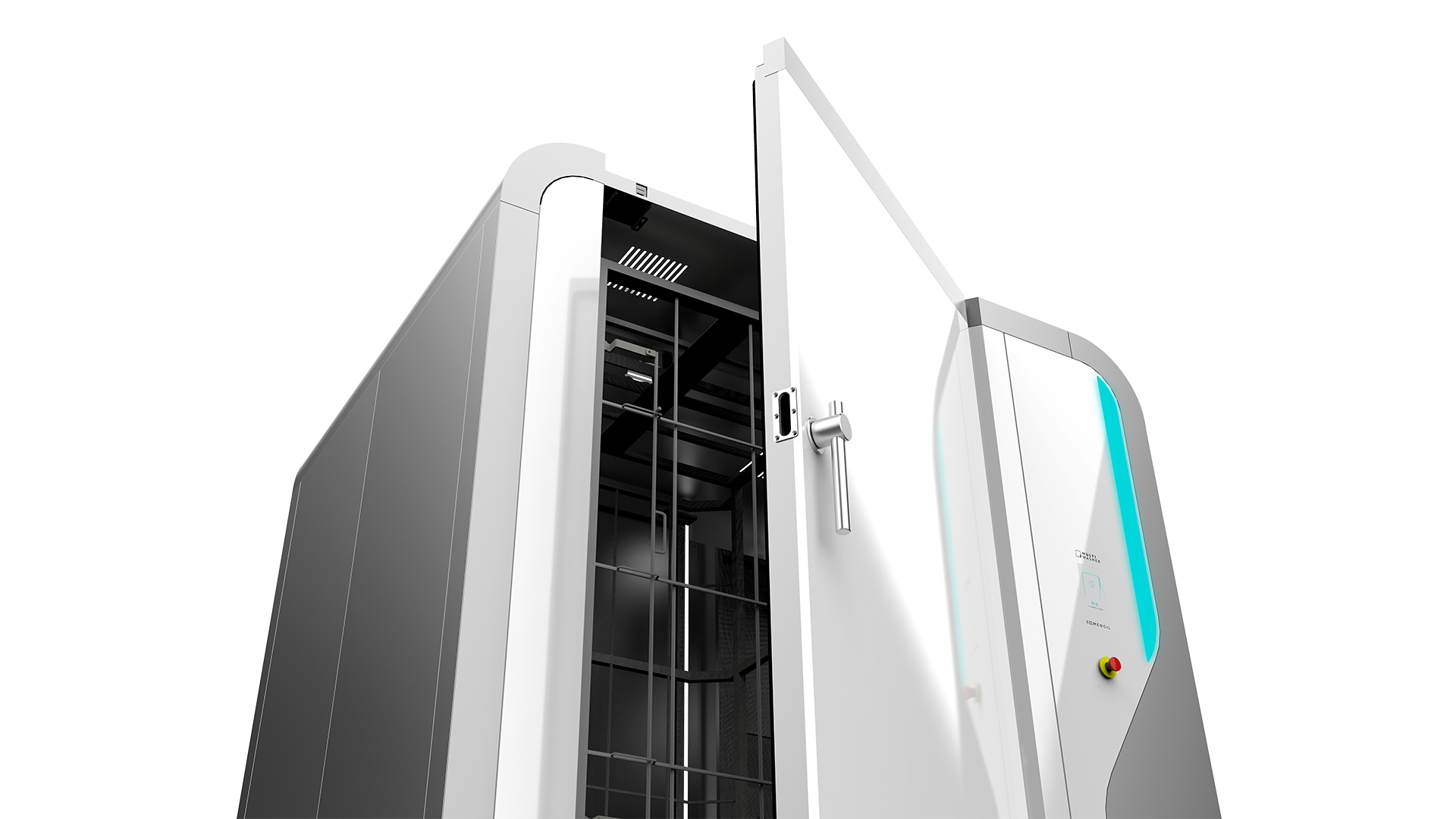
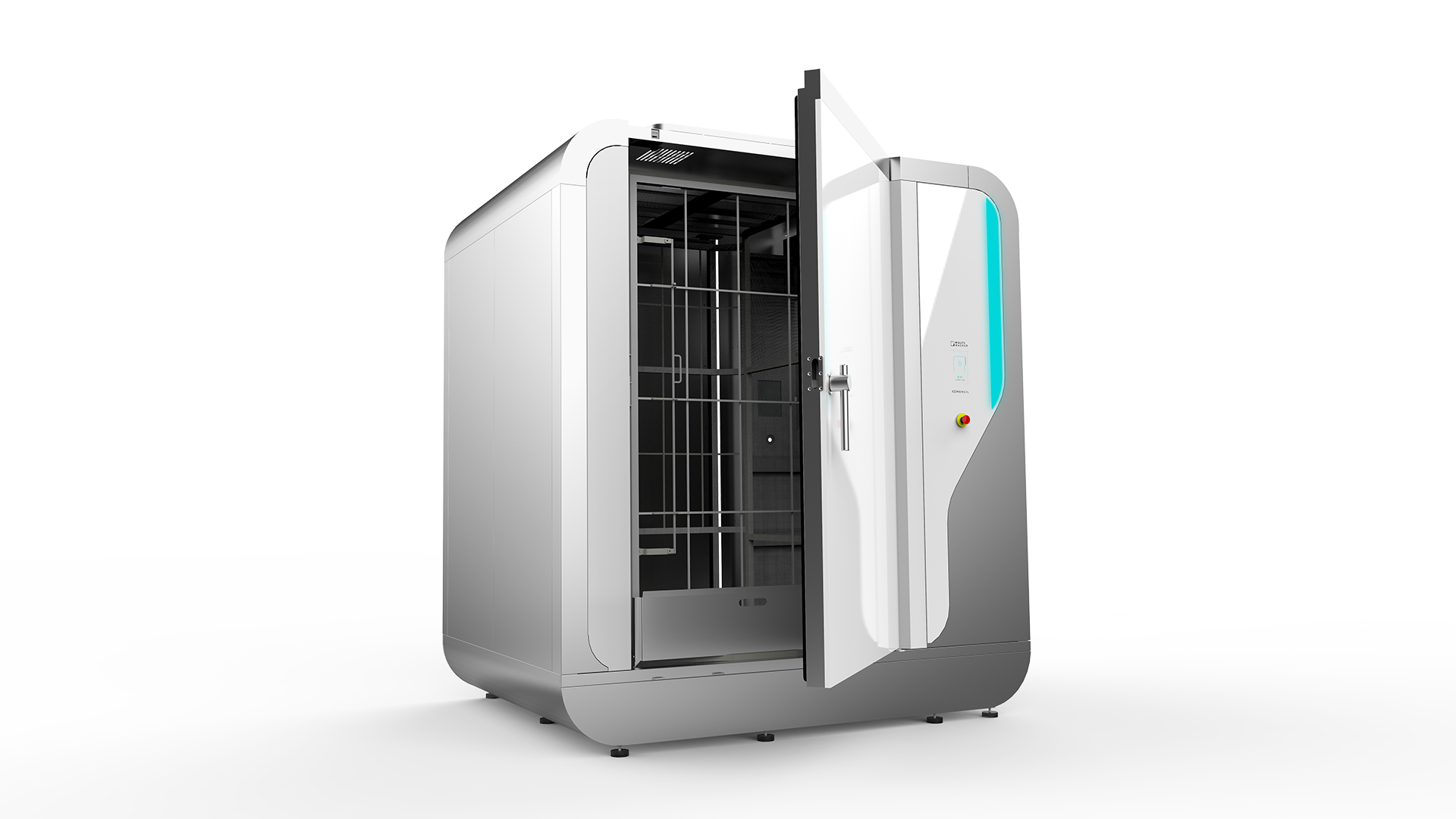
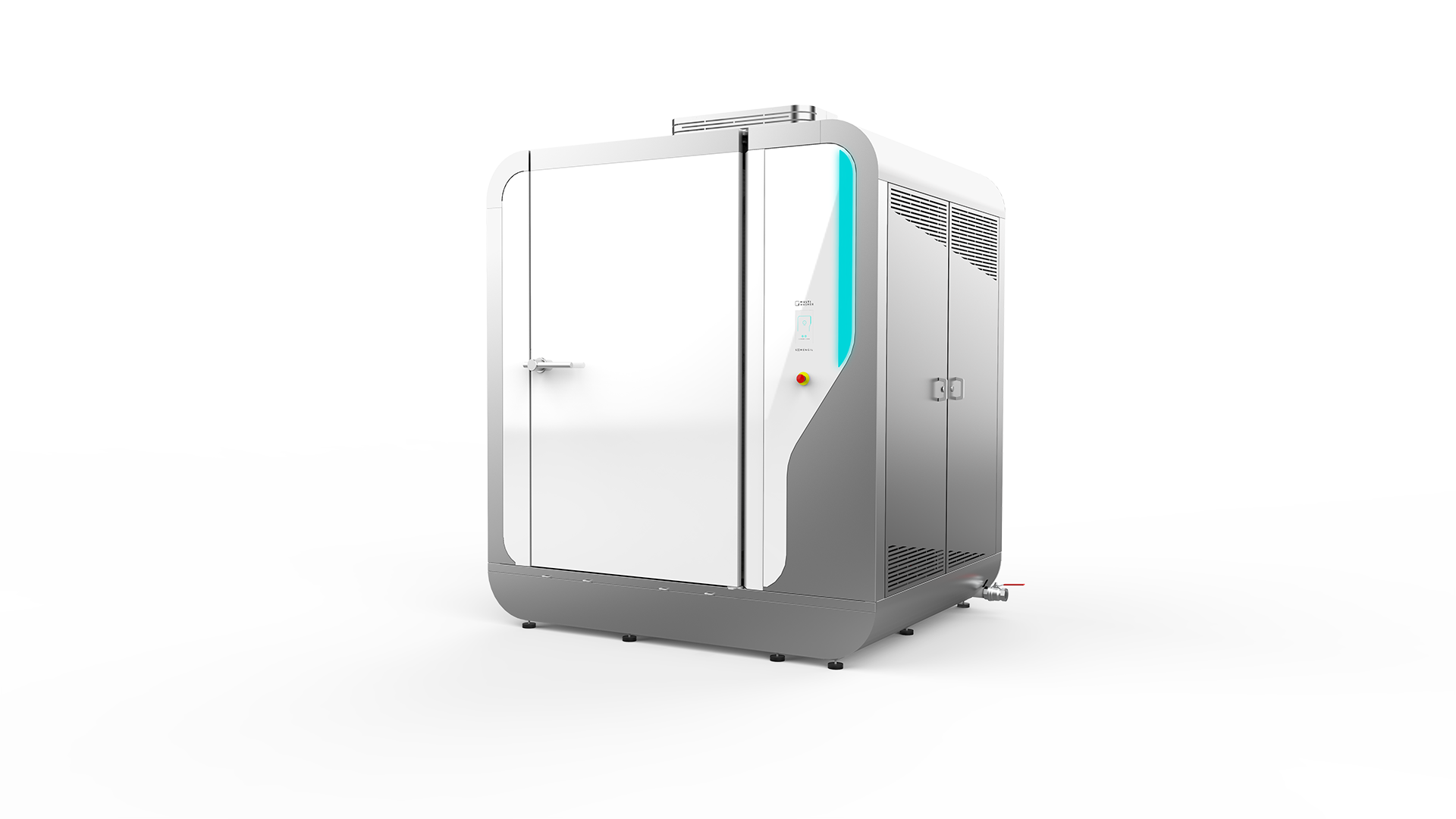
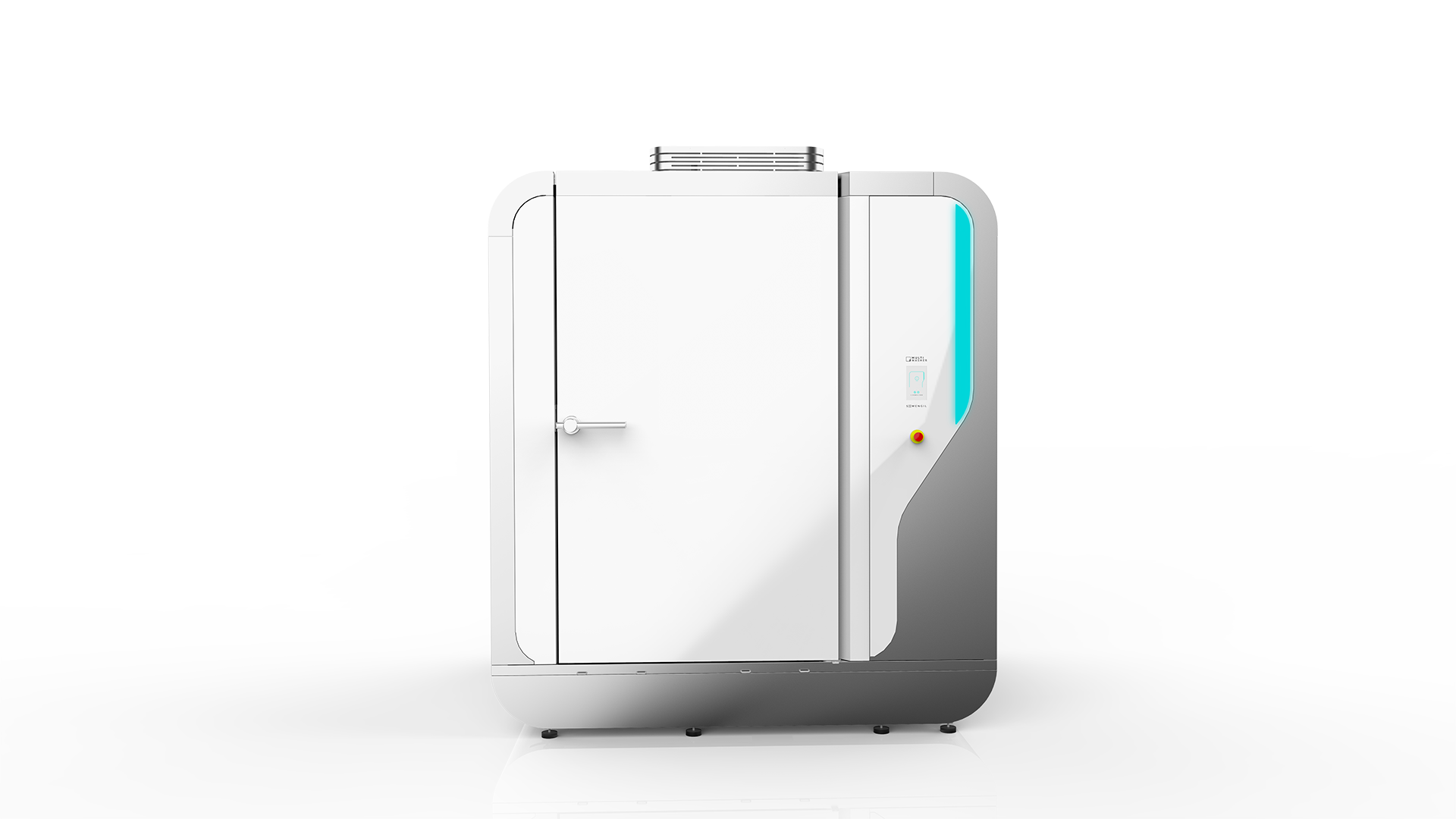
 Português
Português English (UK)
English (UK) English (USA)
English (USA) Français
Français Español
Español Deutsch
Deutsch